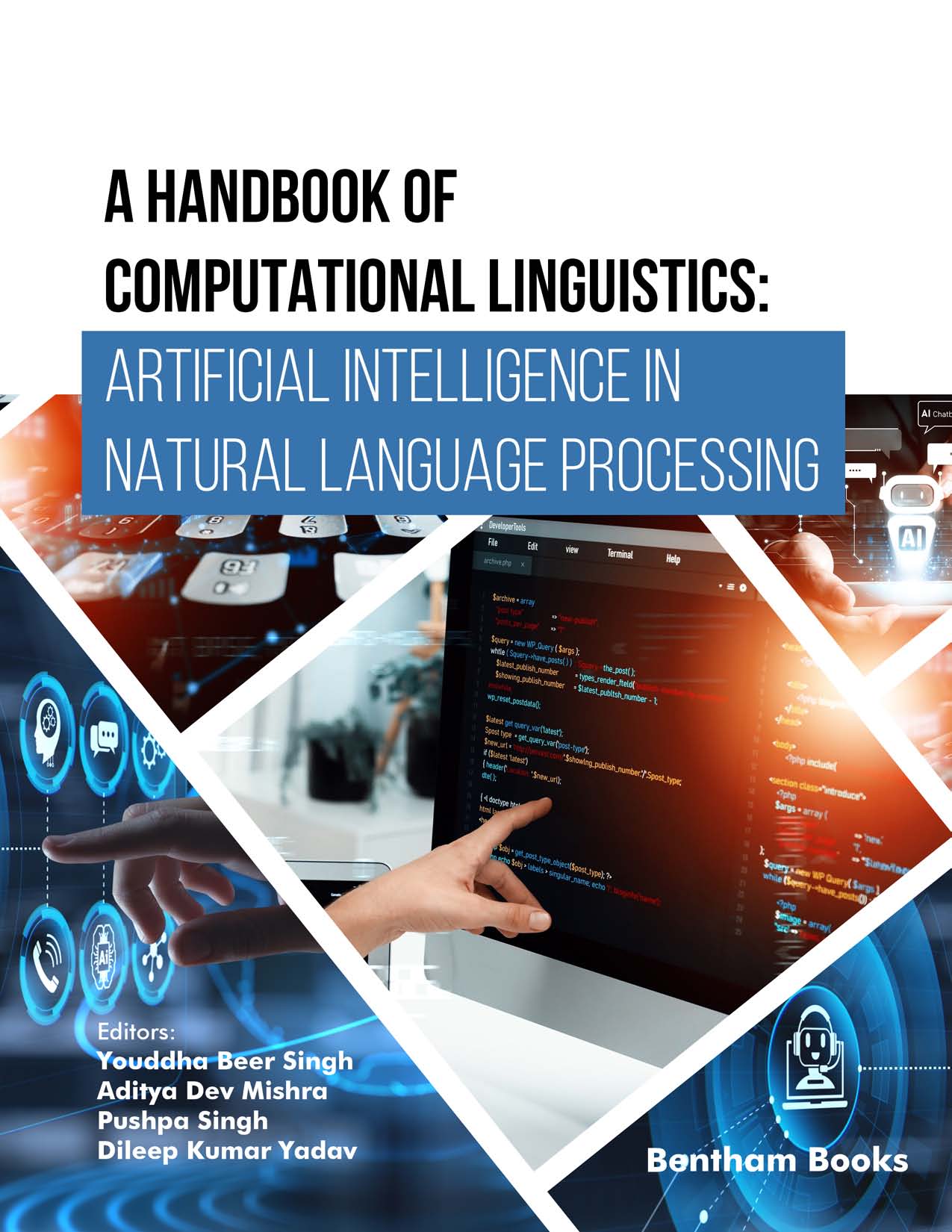Introduction
This handbook provides a comprehensive understanding of computational linguistics, focusing on the integration of deep learning in natural language processing (NLP). 18 edited chapters cover the state-of-the-art theoretical and experimental research on NLP, offering insights into advanced models and recent applications.
Highlights:
- - Foundations of NLP: Provides an in-depth study of natural language processing, including basics, challenges, and applications..
- - Advanced NLP Techniques: Explores recent advancements in text summarization, machine translation, and deep learning applications in NLP.
- - Practical Applications: Demonstrates use cases on text identification from hazy images, speech-to-sign language translation, and word sense disambiguation using deep learning.
- - Future Directions: Includes discussions on the future of NLP, including transfer learning, beyond syntax and semantics, and emerging challenges.
Key features:
- - Comprehensive coverage of NLP and deep learning integration.
- - Practical insights into real-world applications.
- - Detailed exploration of recent research and advancements through 16 easy to read chapters
- - References and notes on experimental methods used for advanced readers
Ideal for researchers, students, and professionals, this book offers a thorough understanding of computational linguistics by equipping readers with the knowledge to understand how computational techniques are applied to understand text, language and speech.
Audience:
Researchers, students, and professionals in computer science and related fields (AI, ML, NLP and computational linguistics).

